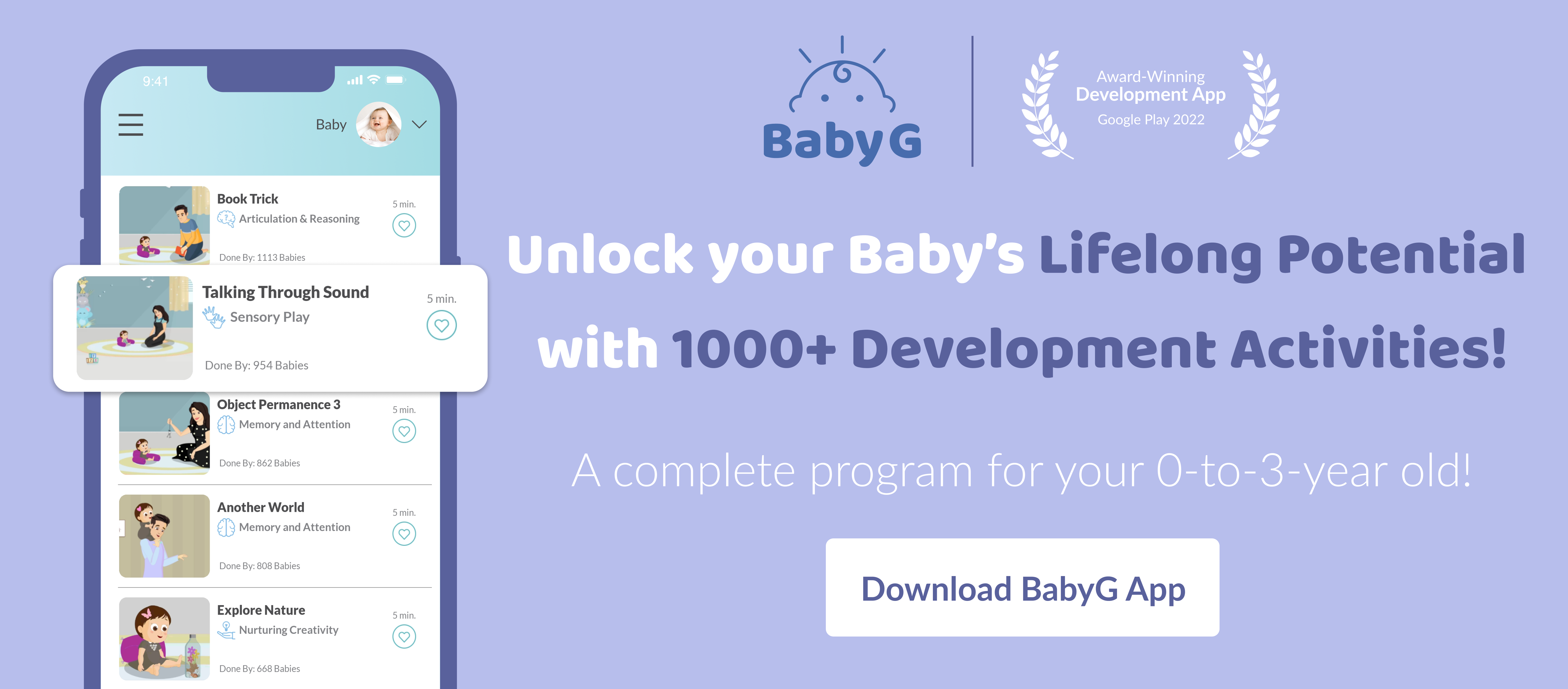
About 80% of a child’s brain development is completed in the first three years of childhood. This presents parents with an excellent opportunity to mold their babies with love and support into budding individuals that are able to explore and grasp new concepts and challenges head-on.
While it might seem like a foreign concept to stimulate a child’s brain development early on in childhood, parents can view it as creating a solid base wherein all the sturdy developmental foundations and intellectual buildings can stand proudly on later.
The Importance of Brain Development in Early Childhood
Studies have shown that a positive bonding relationship with the parents, along with a healthy surrounding lifestyle, nutrition, and play, are vital to supporting a child's sound brain development.On the flip side, a lack of these factors has been shown to negatively impact a baby's development. These can manifest in a disparity in language development, vocabulary, and cognitive thinking and are prone to chronic stressors or diseases.
Optimal brain development helps children grasp complex cognitive concepts about themselves as well as how objects and living things around them operate. They learn the basics of math and counting.
Furthermore, children take a leap into understanding their thoughts, feelings and overall mental awareness. These build them up for success in the upcoming years.
How to Nurture Brain Development in Early Childhood
Here’s how you can nurture brain development in your young one during childhood:
Responsive Care
The early years of a child’s development are important for forming positive associations, which serve as the psychological basis for their mental health later in life. Responsive care involves paying close attention to your baby’s cues, as their communication is restricted to crying and non-verbal communication like facial expressions and sounds.
Being responsive validates a child’s needs and feelings making them feel safe and secure. A loving, understanding family that pays keen attention to their child as well as their own mental well-being supports a child's brain development greatly.
Optimal Sleep
Sleep is integral for brain development. Non-REM sleep ensures improvement in neuro-cognitive function, growth, and the immune system.
With infants that are prone to frequent wake-ups, parents can practice soothing techniques like patting them gently to lull them back to sleep. Setting a bedtime routine may help with establishing positive sleeping habits in toddlers.
Nourishment and Health
Frequent feeds (breastmilk or formula), an appropriate amount and variety (later in the year) mean that your little one has enough material to sustain them for a sound physical and psychological development.
Malnutrition can lead to growth stunting, low energy, impaired intellectual performance, obesity and being prone to diseases.
Motherese
It's simple math. Your baby's neurons and synapses are stimulated by observing you speak. During this, they learn new words, understand how a conversation works and how to hold one, as well as how to react to diverse instances. Matching what you do as you say it out loud is called motherese.
Bonding Through Play
By now, you know that play is much more than just that. Studies show that pay is vital for brain development in early childhood. This activity aids children in exercising their independence, making decisions and practicing their problem-solving skills. All in all, promoting their cognition, dexterity, and emotional bonding.
Parental support and a nurturing environment can do wonders for a child’s brain development in the early years. Monitoring your baby’s growth, sleep and feeding cycle with the BabyG app and looking out for cues are major parts of it. We trust you’ll do well. Happy Parenting!

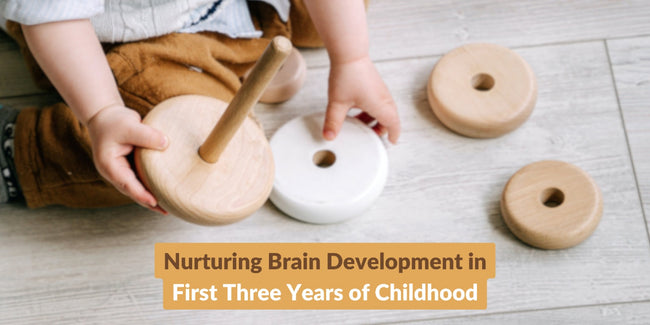

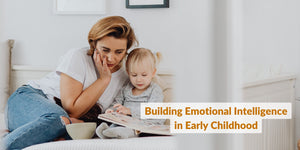

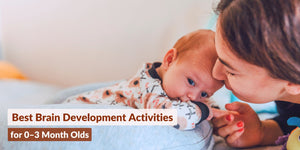


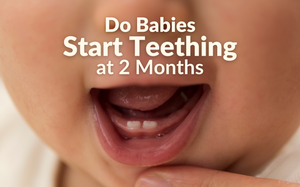
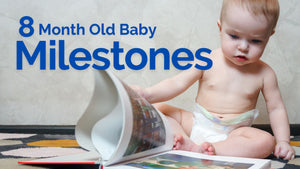

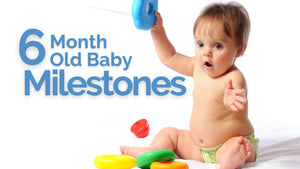

LEAVE A COMMENT